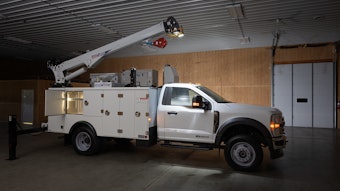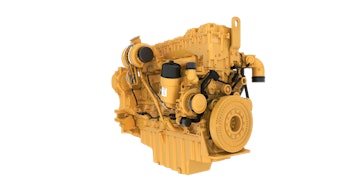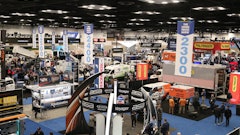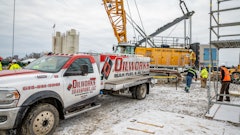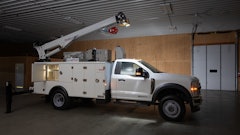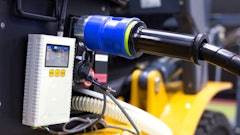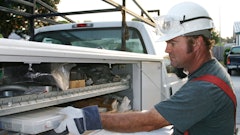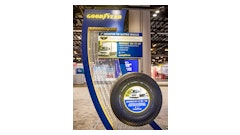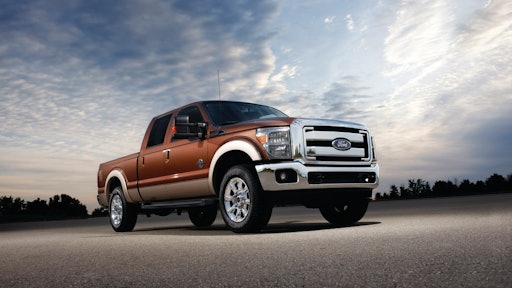
Half of 2012 Ford vehicles will run on alternate fuels, and Ford remains focused on coaxing efficiency from internal combustion engines.
"We can talk all we want about alternative fuels and how we anticipate those are going to grow into the future, but the internal combustion engine is still going to be the primary powertrain choice of the consumers," says Gerry Koss, fleet marketing manager at Ford. "While we are making leaps and bounds from where we were in the past [in terms of alternative technologies], we still believe in internal combustion, so we need to make these powerplants more efficient."
The efficiency drive touches components throughout vehicles, from better transmissions and power trains to reducing parasitic load with advancements such as electric power steering.
Ford's leading technology today is EcoBoost.
"We need to do what we can to ensure customers who aren't capable of migrating to an alternative-fuel powertrain have the same ability to reduce their fuel consumption or reduce their CO2 emissions," says Koss. "More and more fleets out there are setting objectives of increasing fuel efficiency and reducing CO2." EcoBoost offers a solution.
EcoBoost primarily consists of three components – direct fuel injection, turbocharging and downsizing of engine displacement. "Those three give you improved fuel economy, reduced CO2 and improved performance," notes Koss. With its current EcocBoost offerings the company has witnessed a 20% improvement in fuel economy, a 15% reduction in CO2 and an increase in performance - measured by horsepower and torque. Expect this technology to rapidly expand throughout the company's portfolio of products. "By 2013 EcoBoost powertrains will be available on 90% of our product offerings."
But many fleets, especially those owned by governments, are required under the Environmental Protection Act to maintain a percentage of their fleet as alternative fuel. Ford offers a diverse product offering to meet these needs with E85, biodiesel, CNG/LPG, hybrid technology and electrification where it makes sense.
The company has been able to accommodate a recent surge in demand for compressed natural gas (CNG) and propane. These are recent additions to its product line, and result from a taxi fleet's request for the conversion. "We developed it for the customer and it has done extremely well," says Koss. "Requests for CNG and propane far exceed requests for hybrids."
Technologies such as CNG and propane require special engine prep packages.
"It is a diverse market, so we offer engine prep packages on as many products as we can where customers demand it," says Koss. "Our strategy has been to have a portfolio of prepped engines for commercial vehicle applications."




